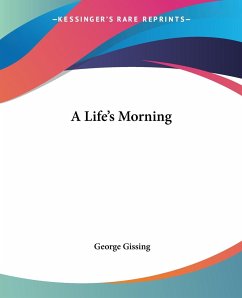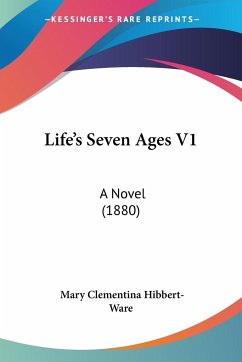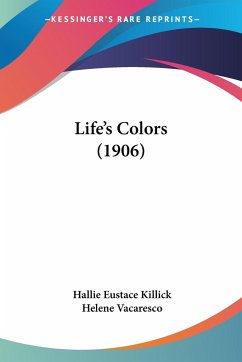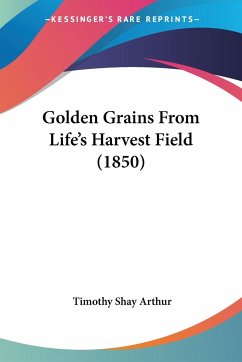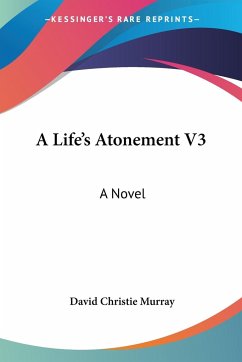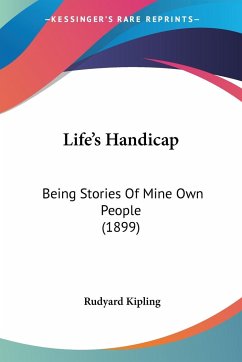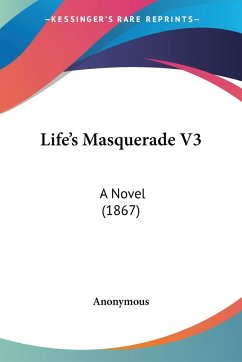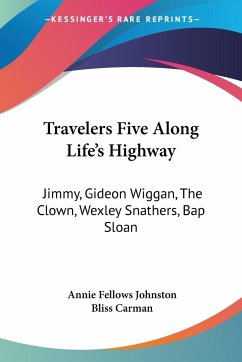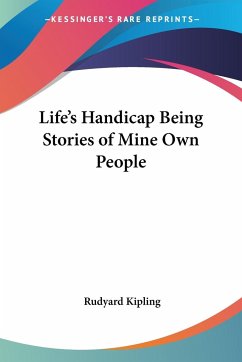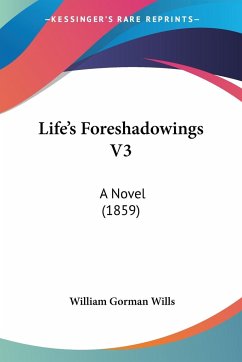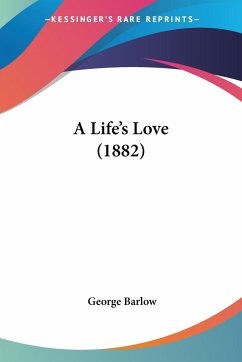Gissing was born on November 22, 1857, in Wakefield, West Yorkshire, the eldest of five children to Thomas Waller Gissing, a chemist, and Margaret. His siblings included William, who died at the age of twenty, Algernon, who later became a writer, Margaret, and Ellen. The Gissing Trust maintains his childhood house in Thompson's Yard, Wakefield. Gissing attended Back Lane School in Wakefield, where he excelled academically. His real interest in reading began when he was ten years old, when he read Charles Dickens' The Old Curiosity Shop, and it expanded over time, thanks to his father's encouragement and the family library. Juvenilia written at this time was published in 1995 as The Poetry of George Gissing. After returning to England, Gissing and Nell lived in London, where he wrote novels and worked as a private instructor. When his debut novel, Workers in the Dawn, was rejected by a publisher, he self-published it using funds from an inheritance. Gissing married Nell on October 27, 1879. Their marriage was marred by poverty, and they were frequently separated while Nell was in the hospital due to ill health. Morley Roberts, a fellow novelist and Owens College alumni, published The Private Life of Henry Maitland, a novel inspired by Gissing's life, in 1912. He was acquaintances with Eduard Bertz, a German socialist whom he met in 1879.
